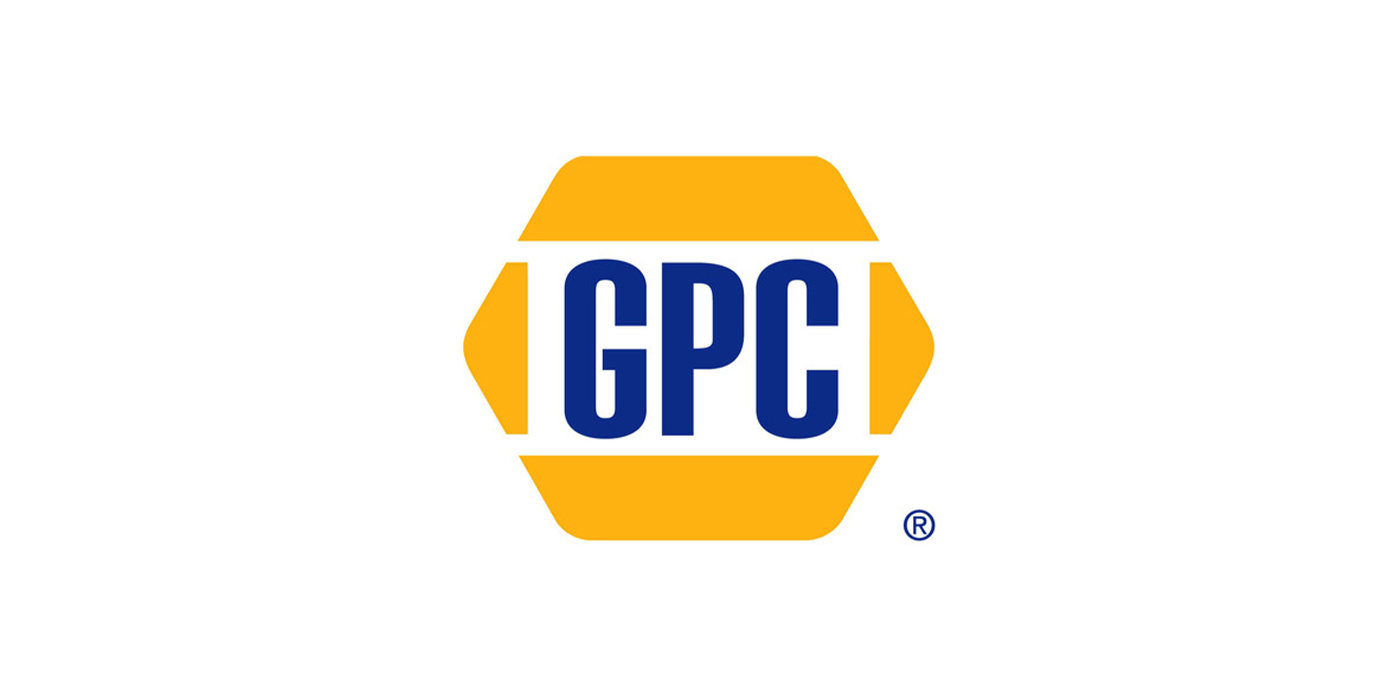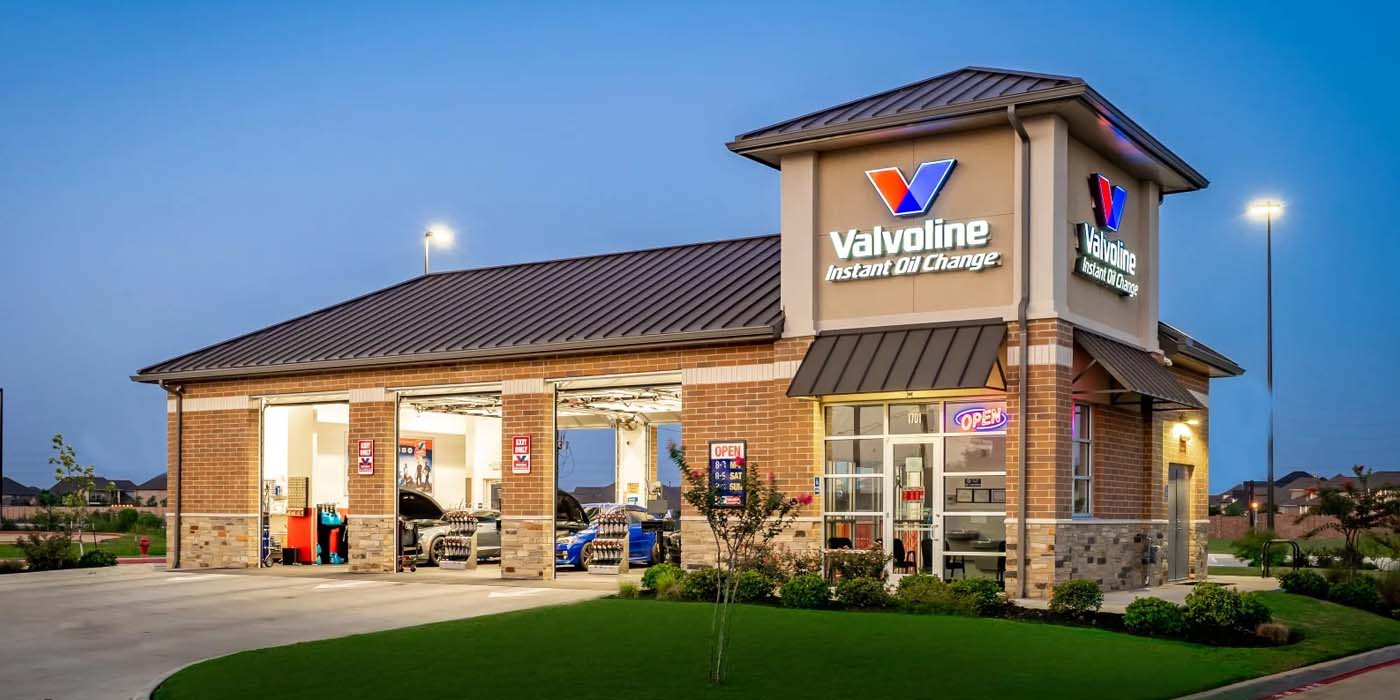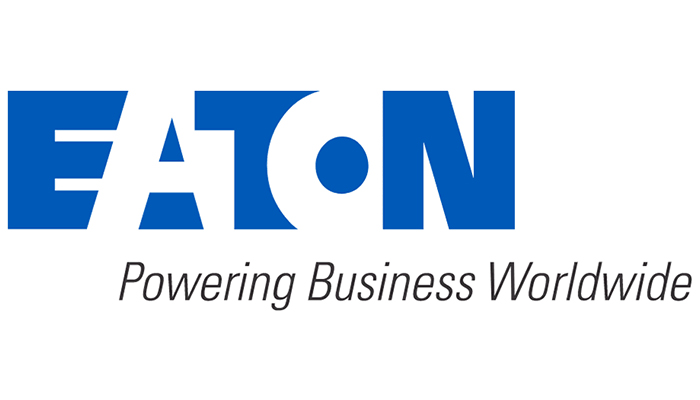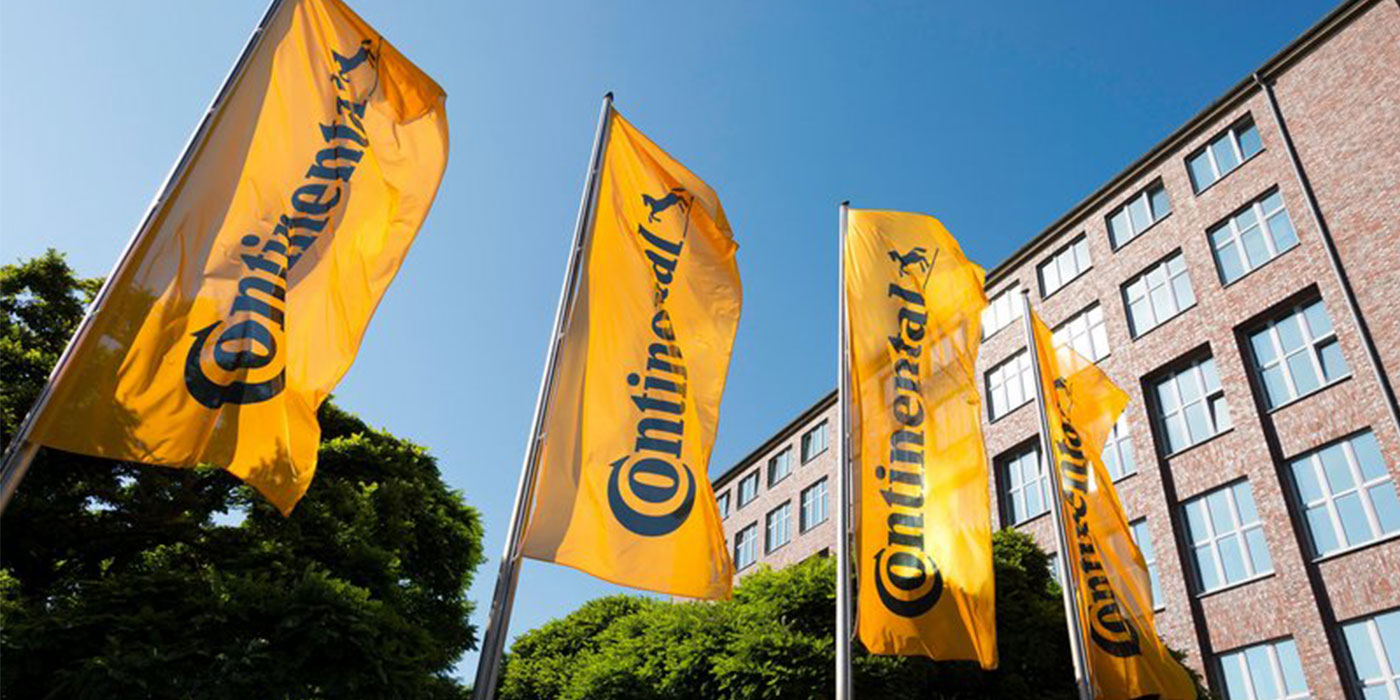Uni-Select Inc. recently reported its financial results for the third quarter ended September 30, 2020.
“Our third-quarter results improved significantly from the second quarter mirroring the bounce back in the market. As expected, the auto parts businesses rebounded more rapidly than the paint business, with the Canadian Automotive Group generating positive organic growth in the quarter. While our consolidated sales have not returned to normalized levels, we managed to maintain our adjusted EBITDA margin at 8.4%, in line with the same period last year, and returned to profitability with net income of $4.5 million,” stated Brent Windom, president and CEO of Uni-Select Inc.
“We were able to accomplish this solid performance due to the successful execution of measures we put in place for business continuity, in response to COVID-19, coupled with stringent cost control initiatives and the acceleration of our Continuous Improvement Plan. At the end of the quarter, we had realized $30.0 million annualized cost savings since the launch of the plan in June 2020, essentially completing it on target and ahead of schedule. These actions, combined with our tight working capital management, translated into strong cash flow generation which was used primarily to reduce debt.
“Looking forward, we expect the fourth quarter to be softer given normal seasonality patterns, volatile market conditions brought on by the onset of the second wave of COVID-19 and in particular with the re-confinement in the United Kingdom, as well as a slower recovery in the paint business in the U.S. We continue to be confident in the sustainability of our business and our ability to maintain our market position in this challenging period. We have the financial flexibility to execute our business plan and will prioritize debt reduction in our capital allocation strategy,” concluded Windom.
UPDATE ON THE CONTINUOUS IMPROVEMENT PLAN (CIP)
The corporation is pursuing a culture of continuous improvement, which is currently accelerated to be strategically positioned for recovery and growth post-COVID‑19. This led to the CIP, announced on June 22, 2020, which was based on a long-term approach to further improve the productivity and efficiency of all segments, while ensuring that customer needs remain the focus. The main objectives of the plan are to ensure that customers are served to the highest standards, that operations and service model are positioned to meet the long‑term demands and expectations of the markets in which they operate, and that the corporation continues to be a strong market leader, while ensuring a safe and healthy environment for all parties. To accomplish these objectives, an in-depth review of the operations was undertaken by each segment’s respective team, resulting in a number of key initiatives, including the way customers are served, rightsizing where required, automation and optimizing supply chain logistics. The CIP was initiated in June, and most initiatives were implemented during the third quarter. As a result, the CIP was essentially completed for the Canadian Automotive Group and The Parts Alliance U.K. segments as at September 30, 2020, while more initiatives are expected in the FinishMaster U.S. segment.
Through this plan, the corporation was originally expecting to generate annualized cost savings of about $28.0 million to $30.0 million by the end of 2020, measured against the first quarter of 2020. As at September 30, 2020, annualized savings realized were $30.0 million, reaching expectations. These savings are mainly attributable to workforce reduction and the integration of 38 company‑owned stores.
The total cash cost of implementing the CIP was expected to be $13.8 million, mainly for severance and closing costs as part of rightsizing activities. The corporation also expected to write down certain assets of approximately $6.2 million. As at September 30, 2020, the corporation recognized restructuring and other charges in relation to the CIP totalling $18.4 million, of which, $6.2 million is non-cash for the write-down of assets.
THIRD QUARTER RESULTS
Sales have improved sequentially in each segment month-after-month from April to September, in line with respective key industry metrics. As a result, sales significantly improved from negative consolidated organic growth of 31.9% reported for the second quarter of 2020, to negative 12.6% for the current quarter. Consolidated sales of $395.4 million decreased by 12.3%, compared to the corresponding quarter last year, reflecting the effect of COVID‑19 on organic growth, and the expected erosion from the integration of company‑owned stores over the last twelve months. The favorable fluctuation of the British currency and the contribution of business acquisitions partially counterbalanced these elements.
The corporation generated an EBITDA of $30.8 million for the quarter which was impacted by special items for restructuring and other charges related to the CIP of $1.5 million, as well as charges for the review of strategic alternatives of $1.0 million. Once adjusted, the EBITDA and the EBITDA margin were $33.3 million and 8.4%, respectively, compared to $37.7 million and 8.4% in 2019. The adjusted EBITDA margin reached the same level as last year, benefiting from governmental subsidies, which were partially offset by additional reserves for inventory obsolescence and, to a lesser extent, bad debt, for a net positive impact of about $2.9 million or 70 basis points. Furthermore, the adjusted EBITDA margin was favorably affected by savings realized as part of the CIP, from the workforce alignment and the integration of 58 company-owned stores over the last twelve months, as well as cost controls measures put in place to counteract the effects of the pandemic. These elements were partially offset by a lesser absorption of fixed costs, a direct effect of the decrease in sales, lower vendor incentives, mainly in the FinishMaster U.S. segment, as well as the lack of price increases from paint manufacturers in 2020.
The net earnings and adjusted earnings for the current quarter were respectively $4.5 million and $7.5 million, compared to $24.6 million and $10.7 million in 2019. Adjusted earnings decreased by $3.2 million compared to the same quarter last year, due to lower adjusted EBITDA and a different income tax rate. Even though adjusted earnings of the third quarter were below the performance of 2019, they significantly improved compared to the second quarter, where adjusted earnings were below last year by $20.1 million or 192.6%.
Segmented third quarter results
The FinishMaster U.S. segment reported sales of $163.5 million for the quarter, a decrease of 24.2% compared to 2019, mainly from a negative organic growth of 24.1%, affected by COVID-19. Sales for the third quarter improved compared to the second quarter, where the organic growth was negative 36.6%. While sales are showing encouraging signs of growth, the refinish sector is somewhat more discretionary and is not expected to recover at the same pace as the automotive parts business. This segment reported an EBITDA of $6.5 million for the quarter. Once adjusted for special items, EBITDA was $7.9 million or 4.9% of sales, compared to $21.4 million or 9.9% of sales in 2019. The adjusted EBITDA margin decreased by 500 basis points mainly due to the lower volume of sales and gross profit, a reduction of the fixed costs absorption, as well as lower rebates in relation to the optimization of inventory, while being affected by an unfavorable evolving customer mix following the faster recovery from national accounts compared to traditional accounts. In addition, in 2019, this segment benefited from paint manufacturers price increases, which did not occur this year. These elements were partially compensated by savings in relation to the CIP, from the reduction of the workforce and the integration of 30 company-owned stores during the quarter, as well as by a reduction of discretionary expenses. The adjusted EBITDA improved by 100 basis points compared to the second quarter of 2020, mainly from initiatives aforementioned to counteract the decrease in volume, rebates, price increases and revenue mix.
The Canadian Automotive Group segment reported sales of $137.2 million, a similar sales level compared to 2019, and positive organic growth of 0.2% despite COVID‑19. Sales in this segment showed steady growth month‑over‑month from April to September 2020, as key metrics in Canada recovered, resulting in a significant improvement compared to the second quarter where the organic growth was negative 18.0%. This segment reported an EBITDA of $19.0 million for the quarter. Once adjusted for special items, EBITDA was $19.1 million or 13.9% of sales, compared to $12.6 million or 9.2% of sales in 2019. The adjusted EBITDA margin increased by 470 basis points, benefitting from government payroll subsidies representing about 240 basis points, savings from the workforce alignment related to the CIP, as well as reduced spending. In addition, foreign exchange gains were recorded during the current quarter. On the other hand, 2019 adjusted EBITDA margin included incomes from the ProColor program, sold during the third quarter of the same year, and additional volume rebates and incentives, which were not repeated this year.
The Parts Alliance U.K. segment recorded sales of $94.6 million, a decrease of 3.2% compared to the same quarter in 2019. Sales were affected by COVID‑19 since the end of the first quarter, resulting in negative organic growth of 5.3%, as well as by the expected erosion resulting from the integration of company-owned stores within the last twelve months. The strengthening of the British pound against the US dollar compensated partially the decrease by 4.3%. Sales showed encouraging signs of steady growth month-over-month from April to September 2020 as key metrics recovered in the U.K., improving the quarterly performance, when compared to the negative organic growth of 41.7% reported for the second quarter. This segment reported an EBITDA and an adjusted EBITDA of $8.7 million or 9.2% of sales for the quarter, compared to $3.4 million and $6.5 million or 6.7% of sales in 2019. The adjusted EBITDA margin increased by 250 basis points principally from savings related to the CIP as a result of workforce rightsizing and reduced spending. This segment benefited from governmental occupancy subsidies earned during the quarter that were mostly offset by additional inventory obsolescence.
NINE-MONTH PERIOD RESULTS
Consolidated sales of $1,105.6 million for the period decreased by 16.7%, when compared to the same period in 2019, mainly due to negative organic growth of 16.3% penalized by the COVID‑19 pandemic since March, as well as to the expected erosion from the integration of company‑owned stores over the last twelve months and the unfavorable fluctuation of the Canadian currency. One additional billing day and the contribution of business acquisitions partially compensated these elements.
The Corporation generated an EBITDA of $43.2 million for the period, impacted by special items for restructuring and other charges related to the CIP of $19.6 million, as well as charges for the review of strategic alternatives of $2.1 million. Once adjusted, the EBITDA and the EBITDA margin were $64.9 million and 5.9%, respectively, compared to $102.0 million and 7.7% in 2019. The adjusted EBITDA margin decreased by 180 basis points affected by additional reserves for inventory obsolescence and bad debt, which were partially compensated by government subsidies for a net unfavorable impact of about $2.8 million or 20 basis points. The remaining unfavorable variance is due to the lower absorption of fixed costs, a direct impact of the decrease in sales volume, which was stronger during the first semester, and lower vendor incentives. These elements were partially compensated by measures taken at the end of the first quarter to respond to the pandemic and savings from the CIP. The adjusted EBITDA margin sequentially improved during the year, from 4.1% recorded in the first quarter to 8.4% for the current quarter, attesting the effectiveness of initiatives put in place, as well as benefiting from various governmental subsidies to counteract the effect of COVID-19.
The net loss and adjusted loss for the period were respectively $26.5 million and $6.4 million, compared to net earnings and adjusted earnings of $29.6 million and $26.2 million in 2019. Adjusted earnings (loss) decreased by $32.6 million compared to the same period last year, due to lower adjusted EBITDA, as explained above, higher interest rates, the loss on debt extinguishment of $3,054 following the conclusion of a new credit agreement on May 29, 2020, as well as a different income tax rate.
Segmented nine-month period results
The FinishMaster U.S. segment reported sales of $499.1 million for the period, a decrease of 21.1% compared to 2019, and a corresponding negative organic growth, mainly affected by COVID-19 since the end of the first quarter. This segment reported an EBITDA of $16.3 million for the period. Once adjusted for special items, EBITDA was $24.5 million or 4.9% of sales, compared to $56.7 million or 9.0% of sales in 2019. The adjusted EBITDA margin decreased by 410 basis points and was affected by additional reserves for inventory obsolescence and bad debt of about $3.6 million or 70 basis points. The remaining unfavorable variance is mainly due to lower sales volume impacting the fixed costs absorption, lower rebates in relation to the optimization of inventory, as well as a disadvantageous evolving customer mix. These elements were partially compensated by furloughs and reduction of working hours related to measures to counteract COVID-19. The improvement plan allowed this segment to adjust its cost base to the level of sales, as well as to face difficult market conditions in the U.S. due to COVID‑19, competition and margin decline.
Sales for the Canadian Automotive Group segment were $360.5 million, compared to $393.8 million in 2019, a decrease of 8.5%, reflecting the effect of COVID‑19, which resulted in a negative organic growth of 8.0%, as well as the depreciation of the Canadian currency. These elements were partially compensated by the contribution of business acquisitions and one additional billing day. This segment reported an EBITDA of $28.6 million for the period. Once adjusted for special items, EBITDA was $34.7 million or 9.6% of sales, comparable to $37.9 million or 9.6% of sales in 2019. The adjusted EBITDA margin remained constant, benefiting from government COVID‑19 related payroll subsidies representing about 90 basis points, partially offset by the additional bad debt expense of 30 basis points. The remaining unfavorable variance is attributable to lower volume rebates and lower fixed costs absorption from the decrease in sales volume, while the corresponding period of 2019 benefited from additional volume rebates and incentives, not repeated this year, as well as from the ProColor program, which was sold during the third quarter of 2019. Furthermore, the adjusted EBITDA margin was penalized by foreign exchange losses, mostly arising during the first quarter of 2020. These elements were partially compensated by savings related to the CIP and by initiatives to counteract COVID-19, including furloughs, reduction of working hours and discretionary expenses.
The Parts Alliance U.K. segment recorded sales of $246.0 million, a decrease of 18.2% compared to the same period last year, mainly affected by COVID‑19 since the end of the first quarter, resulting in negative organic growth of 17.1% and the expected erosion resulting from the integration of company-owned stores within the last twelve months. These elements were partially compensated by one additional billing day and the strengthening of the British pound. This segment reported an EBITDA of $8.5 million for the period. Once adjusted for special items, EBITDA was $13.7 million or 5.6% of sales comparable to $16.8 million or 5.6% of sales for the same period last year. However, the adjusted EBITDA margin for the period was affected by additional reserves for inventory obsolescence and bad debt representing about $1.6 million, net of COVID‑19 U.K. specific government occupancy subsidies. Excluding this impact, the adjusted EBITDA margin improved by 60 basis points, reflecting the favorable effect of the CIP and measures put in place to face COVID‑19, counteracting a lower level of rebates, from reduced purchases, and reduced fixed costs absorption.










